How to regulate the air and moisture permeability of Cotton Packaging Film
2025-05-24
Regulation of Breathability & Moisture Permeability in Cotton Packaging Films
Material Composition
- Blend cotton fibers with polymers (PLA, cellulose) to adjust pore size/distribution
- Select cotton grades: long-staple (denser) vs short-staple (looser) for packing density control
Example:
Adding 20% PLA increases film integrity while maintaining 85% of original breathability (WVTR ~300 g/m²·day)
Structural Design
- Create microperforations (10–100 μm) via laser/mechanical punching
- Design multi-layer structures (cotton-polymer laminate)
- Hole density: 10–100 holes/cm² for controlled gas exchange
Surface Modification
- Apply hydrophilic coatings (starch) for moisture absorption
- Use hydrophobic coatings (beeswax) to reduce permeability
- Plasma treatment alters surface energy without compromising strength
Processing Parameters
- Adjust film thickness (20–50 μm for higher breathability)
- Control drying conditions - higher temperatures reduce moisture retention
Environmental Adaptation
- Design for specific humidity conditions
- Implement moisture-activated valves (RH-responsive)
Testing & Validation
- Measure WVTR via ASTM E96/ISO 15106
- Target ranges: 50–500 g/m²·day for fresh produce
- Conduct shelf-life studies monitoring mold growth/texture changes
You Might Also Like
-
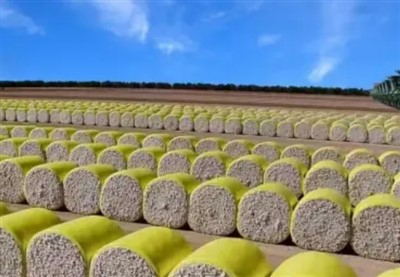
what are the advantages of cotton packaging film
-
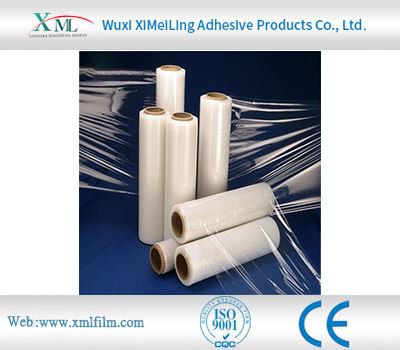
How to Remove Protective Transparent Plastic Film Without Damaging the Surface
-
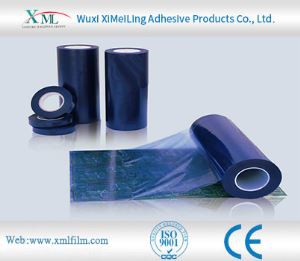
How does pe protective film cope with high temperature environment
-
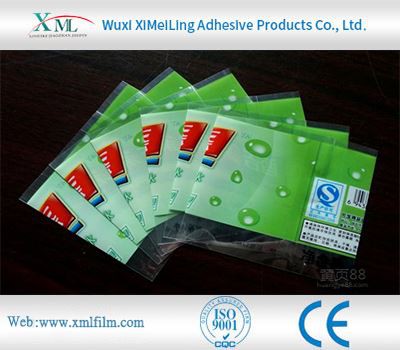
How Polyethylene Packaging Material Copes with High Temperature Environment
-
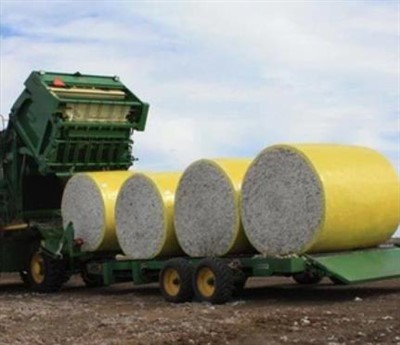
The Advantages of Cotton Wrap Film
-
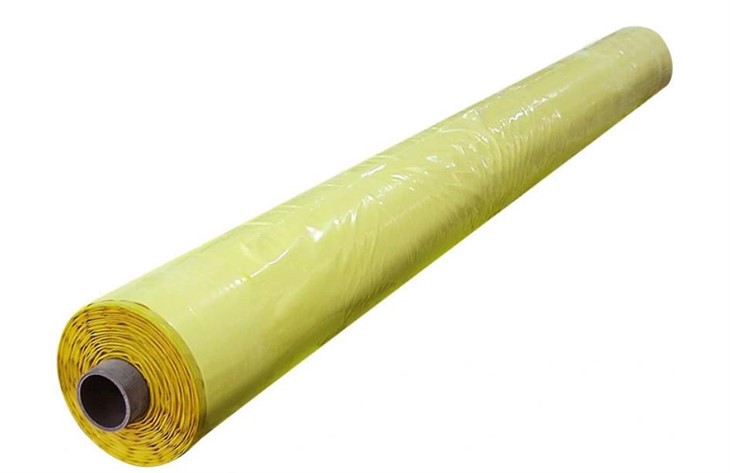
Advantages of Cotton Bale Wrap Film
